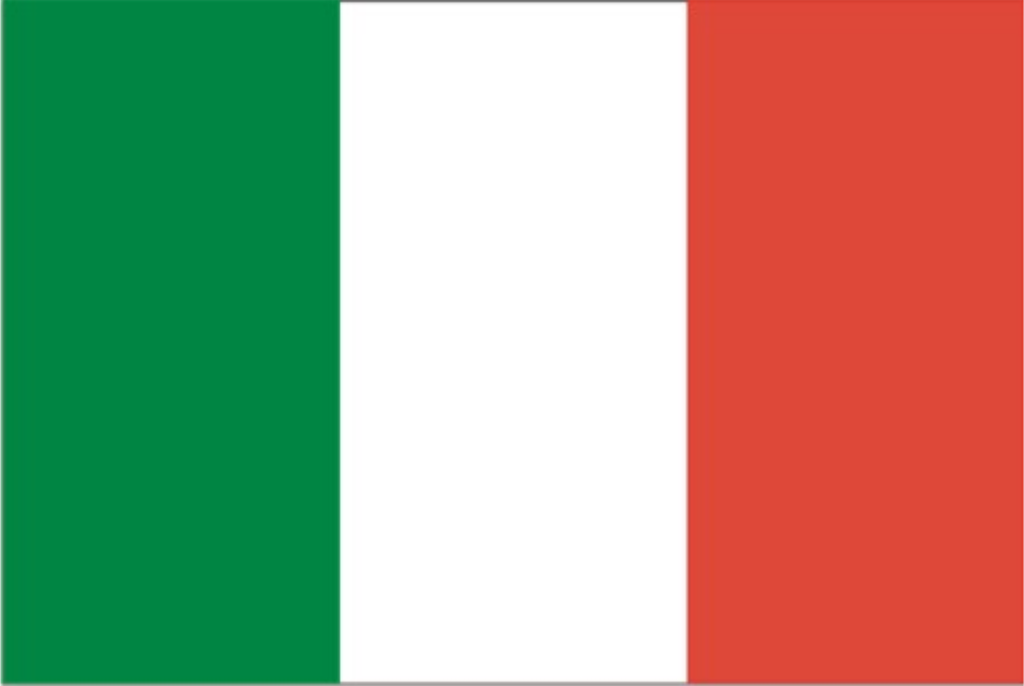How to Create an Effective Multilingual Website for the International Market
Introduction
Expanding into international markets requires more than just translating content. A successful multilingual website needs to offer a seamless, localized experience while maintaining consistent brand identity. From SEO and UX to content management and compliance, building an effective multilingual site involves strategic planning and technical precision. This article guides you through the key steps and best practices to create a multilingual website that supports global growth and connects authentically with diverse audiences.
Choose the Right Structure
Use subdirectories (e.g., /en/, /fr/) or subdomains, and implement hreflang tags correctly.
Prioritize Localization Over Translation
Adapt content, images, formats, and cultural references to resonate with local users.
Multilingual SEO Best Practices
Optimize keywords per language, manage metadata, and ensure language-specific indexing.
Centralize Content Management
Use CMS tools with multilingual support to streamline updates and consistency.
Maintain Performance and UX
Ensure fast loading times, navigation in each language, and intuitive language switching.


